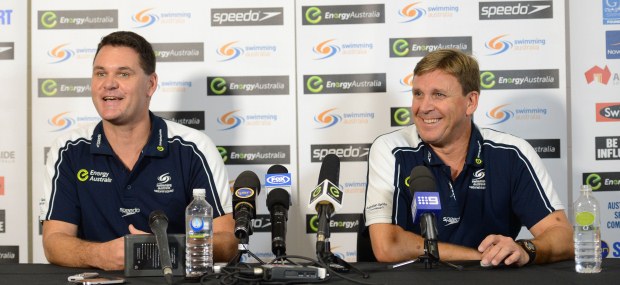The football world often celebrates the tactical maestros who craft dynasties at the club level, but the transition to international management presents a uniquely unforgiving landscape. Jurgen Klopp, the celebrated former Liverpool manager and now Red Bull`s head of global soccer, has offered a stark, candid perspective on the immense pressures confronting national team coaches – especially those making the leap from the club game.
Klopp, known for his charismatic yet pragmatic approach, views the national team job as “intense,” a sentiment perhaps understated given the high stakes and razor-thin margins. While he’s never held such a role himself and admits to a profound lack of understanding regarding its appeal, the allure for many top-tier club coaches is undeniable. Names like Mauricio Pochettino (USMNT), Carlo Ancelotti (Brazil), Thomas Tuchel (England), and Julian Nagelsmann (Germany) now grace international touchlines, bringing with them stellar club pedigrees. Klopp, though quick to praise their individual brilliance, observes the inherent paradox they face.
The Scarcity of Time: A Tactical Straitjacket
At the heart of Klopp`s concern is the fundamental difference in operational realities between club and country. Club managers enjoy weeks, even months, to meticulously sculpt their tactical vision, fine-tune player roles, and embed their philosophy through daily training sessions and a grueling league schedule. International coaches? They operate in fleeting bursts.
“A big tournament with real preparation but again, you have a little bit of a problem that [there`s] a preseason for the tournament but it`s in the moment when they need, physically, a preseason. … At the same time, you have to bring them all together, world-class players but [in the] right position.”
This challenge is twofold: achieving physical readiness for a grueling tournament while simultaneously fostering cohesion and tactical understanding among a group of elite players who typically compete against each other. “To invent things, to change things, you need time,” Klopp asserts, highlighting how this scarcity stifles the kind of progressive tactical evolution that defines successful club sides. The UEFA Nations League, intended to add competitive zest, merely piles on additional pressure without offering the one commodity coaches desperately need: time.
Winning at All Costs: The Pragmatist`s Gambit
Perhaps the most brutal truth about national team management, according to Klopp, is the singular metric for success: winning. The beautiful game`s purist ideals of fluid, attacking football often give way to raw pragmatism when a major trophy is on the line. He points to France`s 2018 World Cup triumph as a quintessential example:
“When France won the World Cup under [Didier] Deschamps, they played really defensive with the best football players in the world. They had the team that was incredible. They were defending like – no offense – Burnley, but their counterattacks were deadly!”
The irony is palpable. A squad brimming with world-class attacking talent, deployed in a highly disciplined, almost defensive structure. Antoine Griezmann, typically a creative force, was observed tracking back, marking, and fighting for every inch. This isn`t a criticism of Deschamps, but rather a testament to the inescapable pressure. Style points are irrelevant; the trophy is all that matters.
The Gravestone Test: A Manager`s Ultimate Legacy
Klopp`s most poignant observation underscores the ruthless nature of the international arena:
“These tournaments are all about winning. Did you ever hear 10 years after the World Cup that someone said, look, they went out in the quarterfinal but I tell you, the football they played was incredible! I don`t think somebody would write that on your gravestone. `Actually, he was not successful but he had great ideas, or she. Fantastic! Super! Your family barely has enough to eat so that`s why we have to deliver [in] this job.`”
It`s a stark, almost morbid, assessment. No matter the tactical innovation, the inspiring leadership, or the sheer effort, if silverware isn`t delivered, the tenure is often deemed a failure. This brutal calculus means coaches must often suppress their natural inclinations for expansive play, opting instead for a results-first strategy that, while perhaps less aesthetically pleasing, provides the only real currency in this particular market.
The Enduring Appeal and the Unspoken Burden
So, why do these decorated club managers embrace what Klopp views as an unenviable position? Perhaps it`s the unique honor of representing a nation, the chance to etch one`s name into footballing history on the grandest stage, or simply a new challenge. Yet, as Klopp eloquently articulates, they step into a role where time is a luxury, tactical invention is often sacrificed at the altar of pragmatism, and their entire legacy hinges on a few crucial weeks every four years.
The World Cup is not merely a football tournament; it`s a crucible for managers, a place where reputations are forged and shattered, and where the beautiful game often takes on a stark, utilitarian form. The pressures are immense, the stakes astronomical, and the job, as Klopp suggests, might just be impossible for those unwilling to compromise on style for the ultimate prize.









